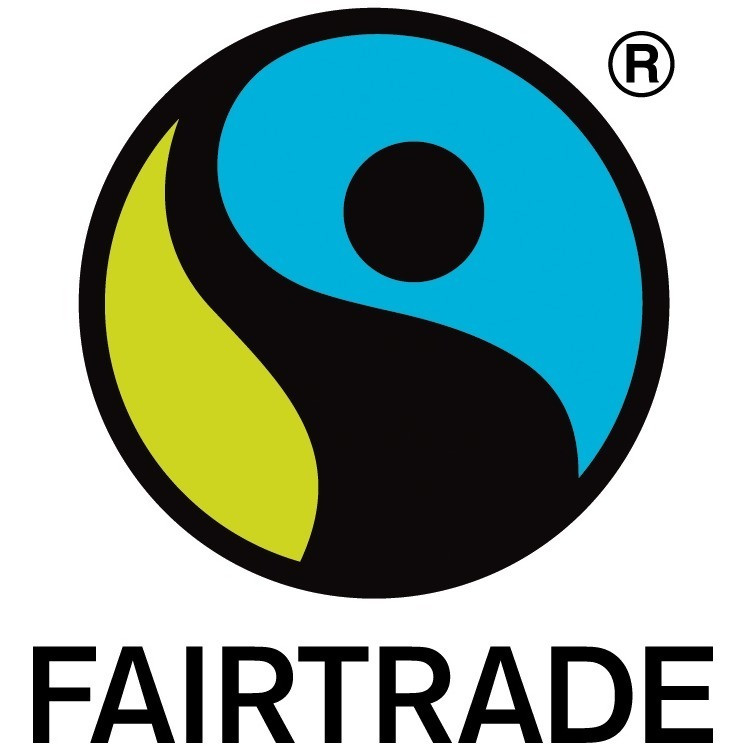Our range includes a wide selection of products with recognised certifications and established environmental labels.
Find out more about the most important sustainability labels and gain a transparent insight into the various standards and requirements relating to sustainability.

The international monitoring organisation Fair Wear Foundation (‘Organisation for Fair Clothing’) is committed to the continuous improvement of working conditions, human rights and occupational safety in the textile industry worldwide. It is led by trade unions, non-governmental organisations (NGOs) and trade associations and is currently active in 15 production countries in Asia, Europe and Africa.
The organisation's Code of Labour Practices and Workers' Rights contains eight points based on the UN human rights conventions and the ILO core labour standards. These include no forced labour, a ban on discrimination, no child labour, freedom of association - including the right to form trade unions - the payment of a living wage, a maximum working week of 48 hours and one day off, health and safety in the workplace and a legally binding employment relationship.

Since 1992, the non-profit organisation TransFair has been supporting disadvantaged producer families in Africa, Asia and Latin America through fair trade. TransFair itself does not trade in goods, but awards the Fairtrade seal on the basis of international standards. The three pillars of fair trade - economy, ecology and social responsibility - are binding rules for all those involved.
Around 30 employees in the Cologne office are committed to Fairtrade through public relations work and co-operations. The aim is to create fair market conditions and provide a way out of poverty, exploitation and lack of prospects. Fairtrade provides farming families and plantation workers with a stable income, co-determination and better living conditions. Social standards such as minimum wages, protective clothing and paid holidays are also part of the concept. memo AG now offers around 2,000 Fairtrade-certified products.
FSC®
The promotion of environmentally sound, socially beneficial, and economically viable forest management is the mission of the Forest Stewardship Council (FSC®).
This independent, non-profit, non-governmental organization was founded in 1993 as a result of the "Environment and Development" conference held in Rio de Janeiro. Today, the FSC® is represented in over 80 countries through national working groups. It sees itself as part of a global community setting the standard for responsible forest management. The core objective of the FSC® is to achieve this through consensus with local stakeholders in each country. The challenge lies in uniting the diversity of countless local producer identities worldwide under a single label that meets all concerns.
By purchasing FSC®-certified products, you contribute to the responsible use of global forest resources. FSC® achieves this by establishing and verifying environmental and social standards for forest management, and by incorporating recycled materials into FSC®-certified products. Products bearing the FSC® eco-label thus stand for forest use that respects social, economic, and ecological needs, as well as responsible use of recycled materials—for the benefit of current and future generations.
More than 1,100 items in the memo range carry the FSC® eco-label. These include primarily natural wood furniture for indoor and outdoor use, as well as writing instruments and other office supplies.

Öko-Tex Standard 100
Oeko-Tex is an independent testing institute that conducts harmful substance tests on textile products in order to label them as safe for human health.
All harmful substance tests in accordance with the Oeko-Tex Standard 100 are always based on the intended use of the textiles.
Successfully tested textile products—including promotional textiles and other textile-based advertising materials—are assigned to corresponding product classes and are certified according to the Oeko-Tex Standard 100 for a period of one year.
The certification of textile promotional items regarding their safety in contact with human or animal skin must be verified by certified and independent testing institutes. For decision-makers responsible for promotional products—such as marketing managers and sales directors—the safety of an item, especially when skin contact with children is possible, is a crucial factor in the purchasing decision.